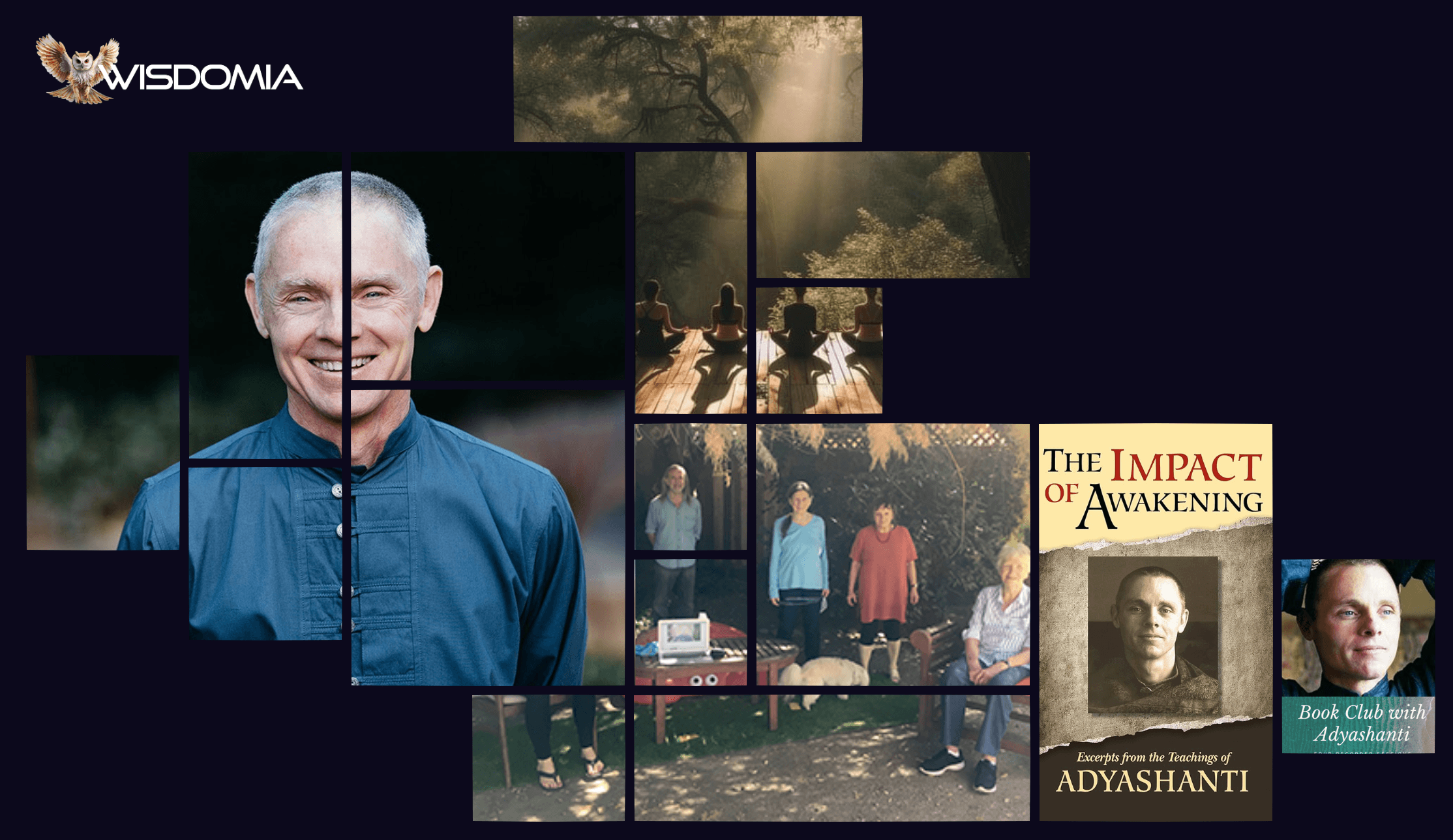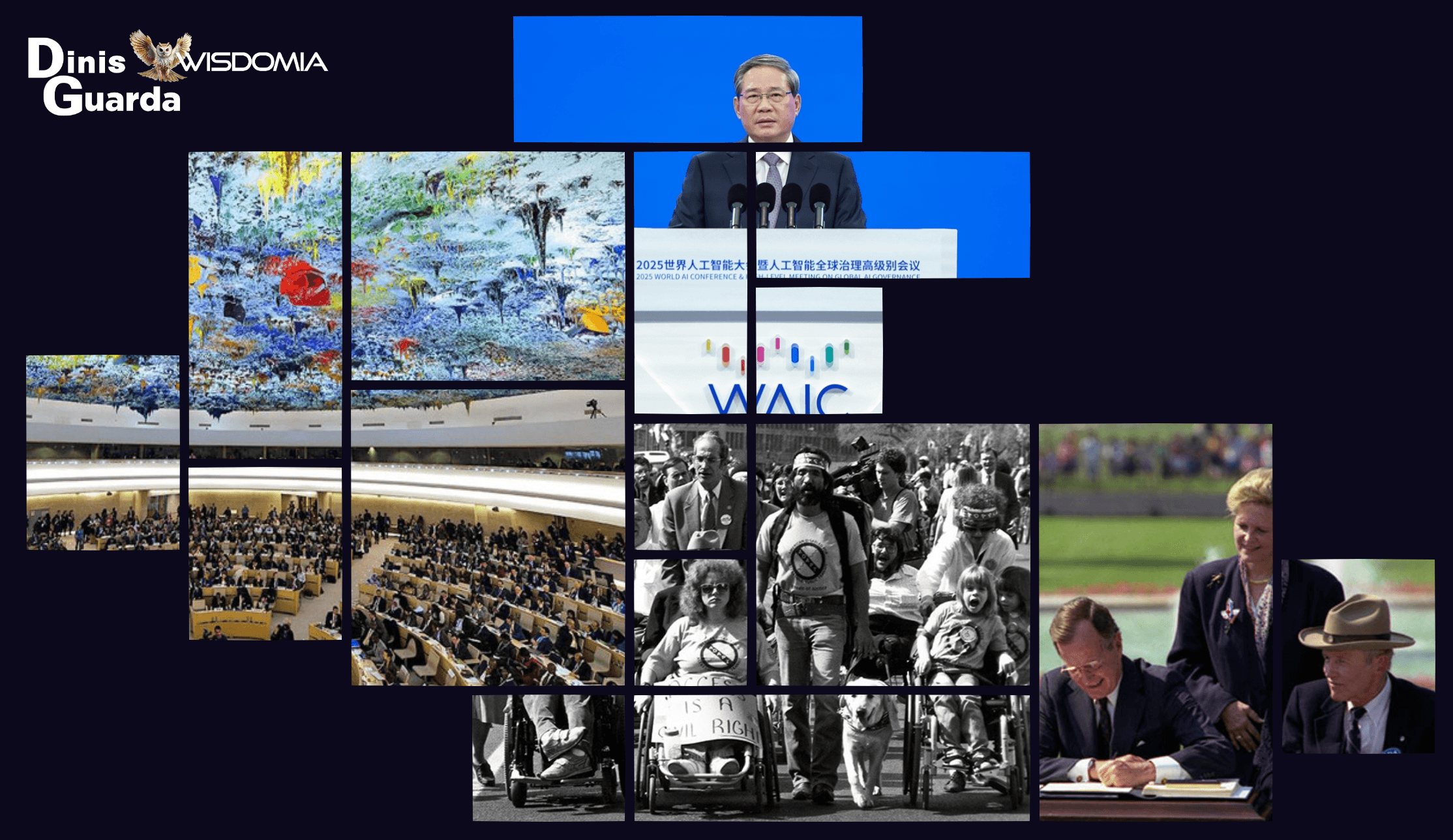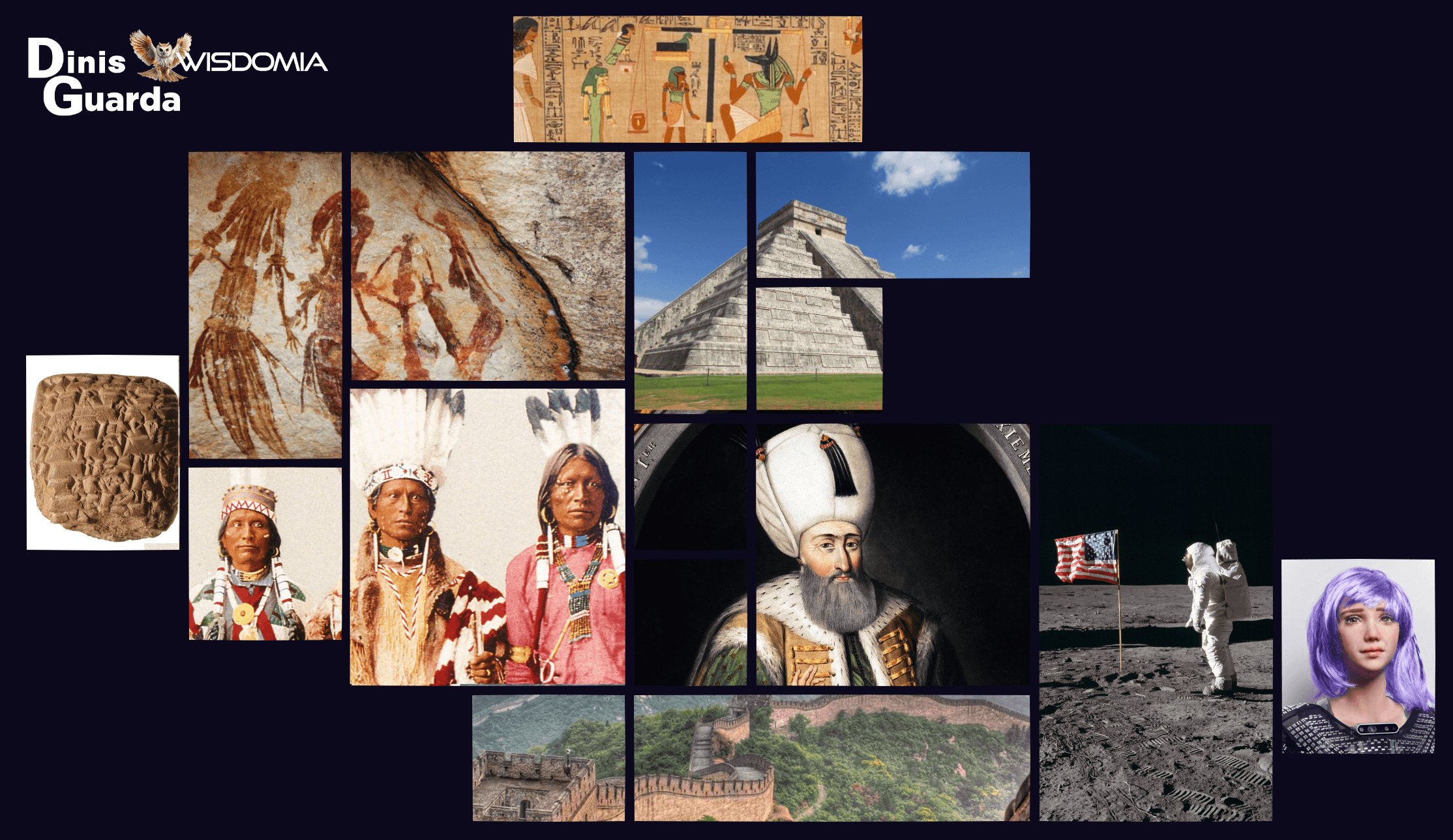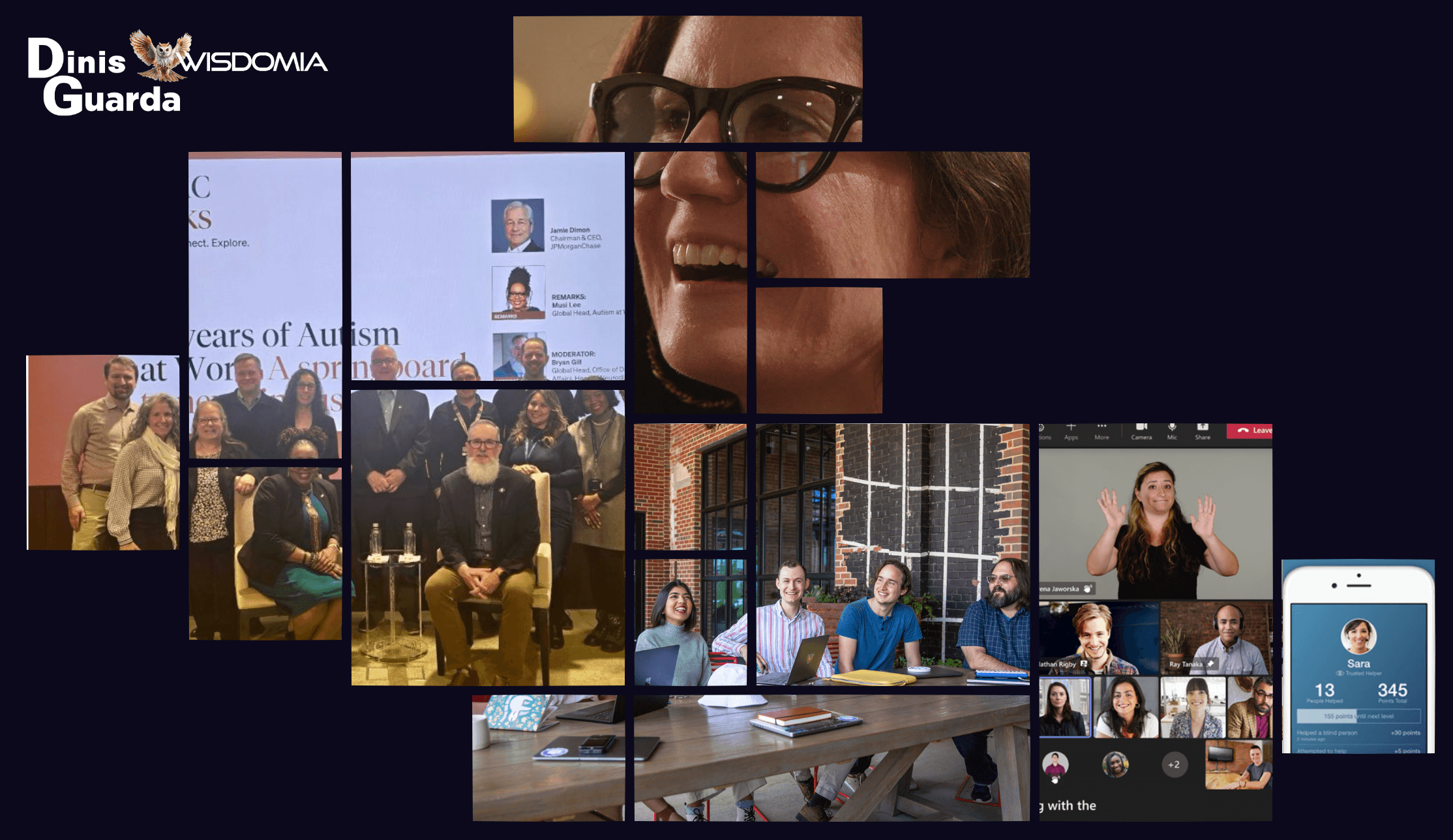Life Changing Books: Pathways to Wisdom and the Art of Living Well
Hind MoutaoikiIR&D Manager
Thu May 08 2025

From ancient philosophy to contemporary reflections, the quest for wisdom — phronesis, sophia, or what the Greeks called eudaimonia — has long accompanied humanity in its pursuit of a more fulfilled and flourishing life. Since the dawn of time, humans have felt a profound urge to align their actions with deeper truths, to nurture the soul, and to find meaning amidst the ever-changing tides of existence. Wisdom, then, is not a fixed destination but a dynamic, lifelong unfolding.
Certain books serve as trusted companions on this journey — not offering formulas or doctrines, but invitations. They provoke us to think more critically, feel more deeply, and live more authentically. They challenge us to question our assumptions, to see the world through new eyes, and to awaken to the mystery of our own being. Some teach us how to love; others, how to suffer. Some guide us toward presence; others, toward liberation.
This article explores six transformative books, each illuminating a unique facet of wisdom: Viktor Frankl’s Man’s Search for Meaning (the wisdom of finding purpose in suffering), Hermann Hesse’s Siddhartha (the wisdom of the inner journey and experiential knowledge), bell hooks’ All About Love (the wisdom of love as a transformative practice), Alan Watts’ The Book (the wisdom of interconnectedness and dissolving the illusion of separateness), Ram Dass’ Be Here Now (the wisdom of presence and surrender), and Maya Angelou’s I Know Why the Caged Bird Sings (the wisdom of reclaiming voice and dignity through storytelling). Together, they form a constellation of insights, guiding us toward a richer, more meaningful way of living.
Man’s Search for Meaning — Viktor E. Frankl
Viktor E. Frankl (1905–1997) was an Austrian neurologist, psychiatrist, and Holocaust survivor who founded logotherapy, a form of existential analysis focused on the search for meaning. His experiences as a prisoner in Nazi concentration camps became the crucible in which his philosophical and psychological insights were forged.
In Man’s Search for Meaning, Frankl writes, “Everything can be taken from a man but one thing: the last of the human freedoms — to choose one’s attitude in any given set of circumstances, to choose one’s own way.” This declaration was not an abstract idea for Frankl; it was a lifeline amid unspeakable suffering.
Frankl teaches us that wisdom does not require ideal conditions; it flourishes precisely when we align our lives with a deeper “why.” Meaning is not passively found, but actively made — even in the face of despair. His work reminds us that in embracing suffering as a pathway to purpose, we begin to live more deliberately, courageously, and authentically.
Siddhartha — Hermann Hesse
Hermann Hesse (1877–1962) was a German-born Swiss poet, novelist, and painter whose works explore themes of self-discovery, spirituality, and the conflict between individual and society. Writing Siddhartha in 1922 marked a pivotal moment in Hesse’s life: he sought to cure what he called his Lebenskrankheit — “sickness with life” — by immersing himself in Indian philosophy, particularly the Upanishads and the Bhagavad Gita.
Siddhartha follows a young seeker’s journey through asceticism, sensuality, despair, and finally quiet communion with a river that whispers the secrets of existence. At the heart of Siddhartha’s awakening lies the insight that wisdom cannot be taught, only lived. Hesse writes, “Wisdom is not communicable. The wisdom which a wise man tries to communicate always sounds foolish.”
It is not through external teachers or dogmas that Siddhartha finds truth, but through surrendering to life itself. The river, ever-flowing yet ever-still, mirrors the paradox of reality: to know is to let go of knowing; to be wise is to listen, not grasp. Hesse invites us to trust the unfolding of our own paths, to honor the lessons carried in every experience, every current.
All About Love — bell hooks
bell hooks (1952–2021), born Gloria Jean Watkins, was an American author, feminist theorist, and cultural critic whose work focused on love, race, gender, and justice. Her pen name, always styled in lowercase, honored her great-grandmother while de-emphasizing ego.
In All About Love, hooks redefines love not as sentiment or possession, but as an active practice of nurturing spiritual growth. She challenges us to see love as the foundation for personal and collective transformation. “To love well is the task in all meaningful relationships, not just romantic bonds,” she writes, offering a vision of love rooted in honesty, responsibility, and care.
hooks’ wisdom reminds us that love is not guaranteed; it must be cultivated intentionally. In loving well — in showing up with integrity, compassion, and commitment — we participate in healing ourselves and the world. Love becomes both the soil and the fruit of a wise life, the force that binds justice and joy.
The Book: On the Taboo Against Knowing Who You Are — Alan Watts
Alan Watts (1915–1973) was a British philosopher, writer, and speaker who popularized Eastern philosophy for Western audiences. Drawing from Zen, Taoism, and Hinduism, Watts invited listeners and readers to question the assumptions underlying modern identity and consciousness.
In The Book, Watts dismantles the illusion of separateness at the heart of Western individualism. Drawing from Eastern philosophy, he suggests that we are not isolated egos but expressions of the universe itself. “You are an aperture through which the universe is looking at and exploring itself,” he writes, playful and profound.
In this light, wisdom is not an achievement of the ego, but a recognition of our intrinsic belonging. To see ourselves as interconnected with all of life is to release the anxieties of control and separation. Watts invites us to dance lightly with existence, to participate joyfully in the great cosmic unfolding.
Be Here Now — Ram Dass
Ram Dass (1931–2019), born Richard Alpert, was an American psychologist and spiritual teacher who became a central figure in the countercultural and consciousness-expanding movements of the 1960s and 70s. After being dismissed from Harvard alongside Timothy Leary for psychedelic research, Alpert traveled to India, where he met Neem Karoli Baba and received the name Ram Dass — “servant of God.”
With Be Here Now, Ram Dass distilled the essence of his spiritual journey into a hybrid of memoir, philosophy, and visual meditation. His message is deceptively simple, endlessly profound: “Be here now.” In these words lies both a command and an invitation: to return to the present moment as the only place where life — and the divine — can be encountered.
Ram Dass reminds us that wisdom is not found in grasping or striving, but in surrendering fully to what is. The sacred is not elsewhere; it shines through the ordinary, the immediate, the now. To live wisely is to be present, open, undefended — to let each moment be enough.
I Know Why the Caged Bird Sings — Maya Angelou
Maya Angelou (1928–2014) was an American poet, memoirist, and civil rights activist whose works bear witness to the resilience of the human spirit. Her literary voice emerged from personal traumas and societal oppressions, transforming pain into poetry, silence into song.
In I Know Why the Caged Bird Sings, Angelou transforms the pain of racism, sexual trauma, and silencing into a powerful affirmation of dignity and voice. “There is no greater agony than bearing an untold story inside you,” she writes.
Angelou’s memoir teaches that wisdom includes the courage to speak one’s truth, to reclaim the narrative of one’s life against forces of oppression. Storytelling becomes both survival and liberation, an act of resistance and beauty. In giving voice to her experience, Angelou invites us to honor our own stories — and to listen, deeply, to the stories of others.
Though born from radically different lives — a Holocaust survivor, a spiritual seeker, a feminist theorist, a countercultural philosopher, a mystic explorer, a poet of liberation — these authors converge in their pursuit of a life well-lived, a life grounded in love, truth, and, most importantly, service to others. They remind us that wisdom is not a singular achievement, but rather a dynamic, evolving relationship with meaning, presence, and connection. Wisdom is not meant to be hoarded, but shared, extended outward into the world as a gift.
To read these books is to embark not on a journey of escape, but on one of return — a return to the heart, to the present moment, to the deep well of being from which all life flows. Each author, in their own way, invites us to look not only inward, but outward — to others, to the world, to the common good. Their words are mirrors, offering reflections of a fuller, more luminous version of ourselves, one that is deeply interwoven with the lives and struggles of others.
In embracing their insights, we step more fully into the art of living wisely — an art not measured by perfection, but by compassion, courage, and the willingness to engage life’s mysteries with an open heart and hands ready to serve. It is through service that we grow, and it is through others that we often find our true selves.
The wise writings shared by these authors help illuminate the path, guiding us on our own journey toward eudaimonia: a life of flourishing, glowing not only with personal meaning but with a deep devotion to love, truth, and the well-being of all.
previous
The Practice of Radical Curiosity: Awakening to Life's Infinite Possibilities
next
Beauty is in the Eye of the Beholder: A Philosophical Reflection on Love, Truth, and the Good Life
Share this
Hind MoutaoikiI
R&D Manager
Hind is a Data Scientist and Computer Science graduate with a passion for research, development, and interdisciplinary exploration. She publishes on diverse subjects including philosophy, fine arts, mental health, and emerging technologies. Her work bridges data-driven insights with humanistic inquiry, illuminating the evolving relationships between art, culture, science, and innovation.
More Articles

The Hard Truths: Three Critical Barriers Standing Between AI Innovation and Universal Accessibility

Elder Voices of the Millennium: Adyashanti

The Rules of the Game: How Global Policy Is Shaping AI Accessibility from Rights to Reality

The Rise and Fall of Civilisations: A Complete History

When Profit Meets Purpose: How Microsoft and Corporate Leaders Are Proving the Business Case for Accessibility





